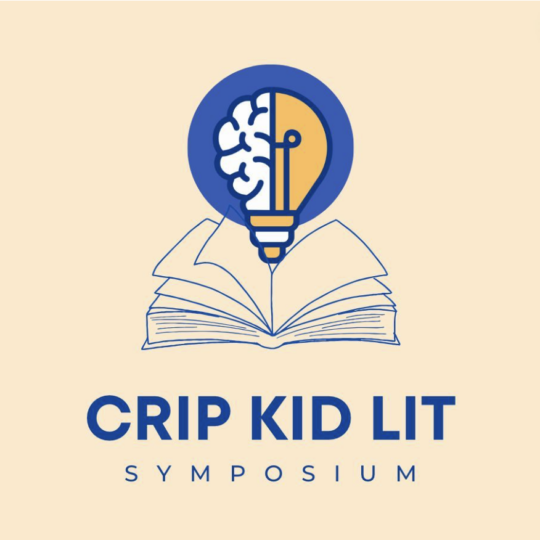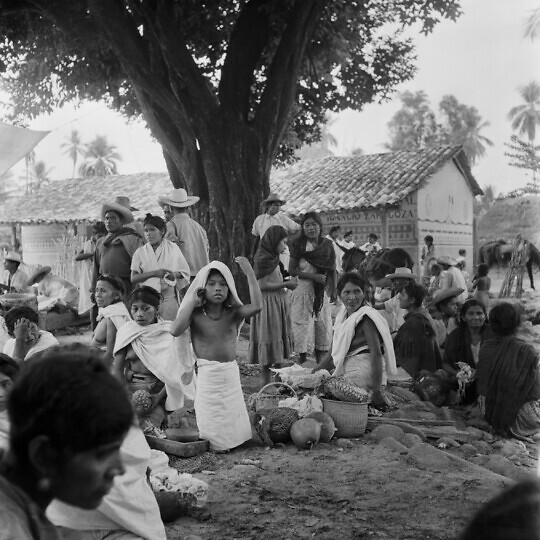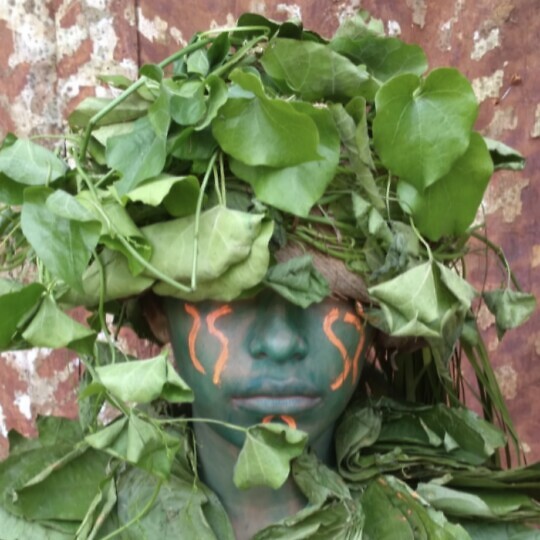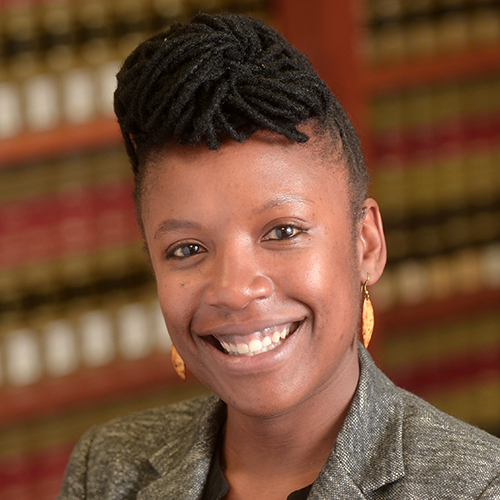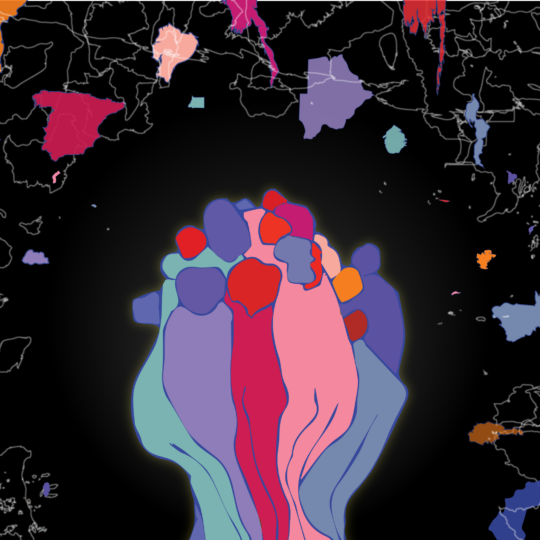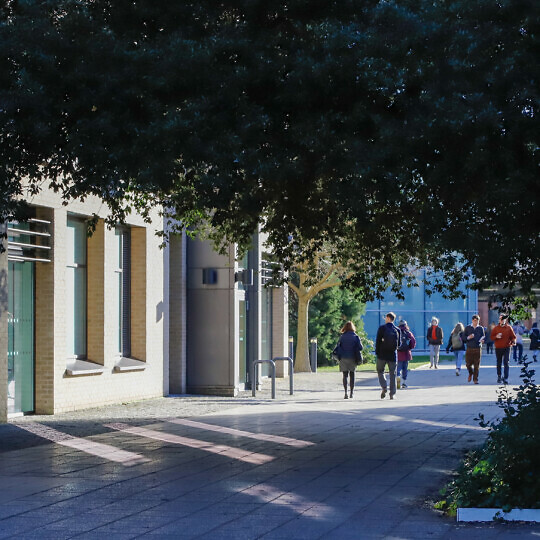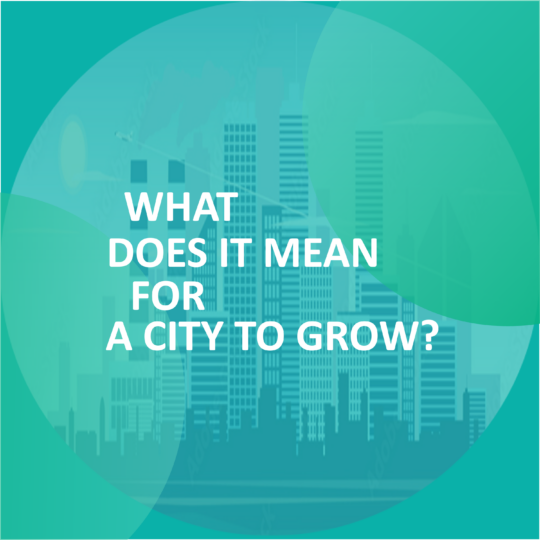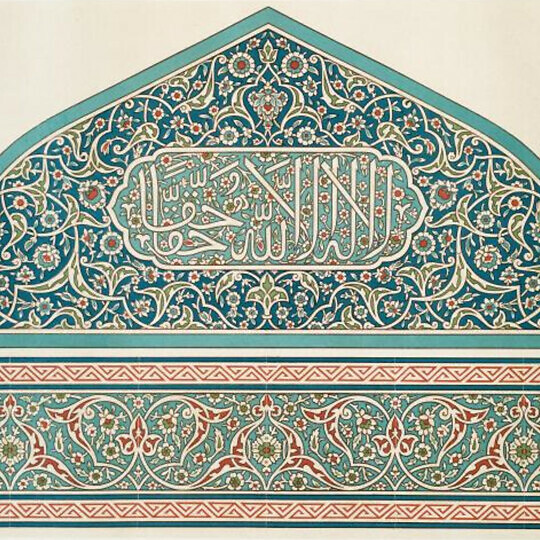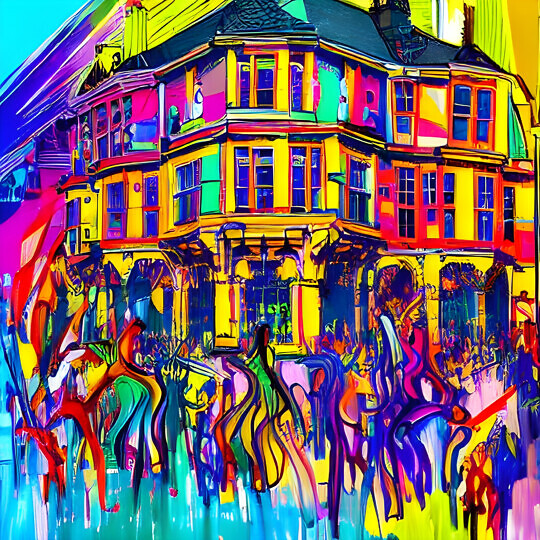| 8 Jan 2014 - 10 Jan 2014 | All day | CRASSH, Alison Richard Building, 7 West Road, Cambridge CB3 9DT - SG1&2 | |
- Description
- Programme
Description
Register online via the link at the top right hand side of this page
Conference fee: £60 (full), £30 (students) – includes lunch and tea/coffee
Conference Dinner at St John's College: £42 (optional, places are limited)
Deadline: Sunday 5 January 2014
Convenors
Jonathan Mair (Mellon Newton Fellow, CRASSH)
Nicholas Evans (Division of Social Anthropology, University of Cambridge)
Summary
Recent years have seen a dramatic growth in the study of ethics among social anthropologists. Much of this growth has been due to the assimilation into anthropological thinking of virtue ethics building on two streams of theoretical work: that of Foucault, and that of virtue ethicists working in the Anglo-Saxon philosophical tradition.
Proponents of the virtue-ethics approach in anthropology argue that a focus on self- cultivation as a process allows for sufficient attention to be paid to self-conscious reflection. Reflection and the freedom it entails, they argue, are essential aspects of ethical life that traditional social scientific approaches to ethics–Durkheimian approaches–simply ignore.
There appears to remain an area of ethical experience, however, that neither approach can easily accommodate. Since virtue ethics sees ethical judgment as the result of cultivation within a self-conscious ethical tradition, it can no more account for ethical judgment outside of or between traditions than the Durkheimian approach can.
Yet history is full of situations in which multiple, self-conscious ethical traditions meet, and in which people try to judge each other, persuade each other, or draw lessons from each other across the borders that separate those traditions. These situations are what we call ‘speaking ethically across borders’, and this is the phenomenon that the conference, and the publication we hope to produce from it, will aim to explore.
Contexts in which we might expect to find people ‘speaking ethically across borders’ include:
- religious missions
- international law
- colonialism and anti-colonialism
- vernacularization of cosmopolitan cultures
- universalization of vernacular cultures
- the adaptation of ancient models to contemporary situations in renaissances
In these situations, are people limited to using values with which they are already familiar to interpret and judge other values? Or can they genuinely learn from alternative ethical systems? If so, on what conditions does this process depend? Is the capacity for or disposition towards a cosmopolitan attitude to ethics itself a culturally specific norm or a virtue to be perfected, or is it a necessary aspect of ethical thought?
Ethnographically speaking, how have people in fact used the intellectual resources provided by one ethical tradition to judge others? How have they sought to borrow from other traditions, or to persuade followers of other traditions to adopt novel values and practices? What meta-ethics have specific traditions proposed to govern the relationship of members of the tradition to the mores of other traditions?
Sponsors

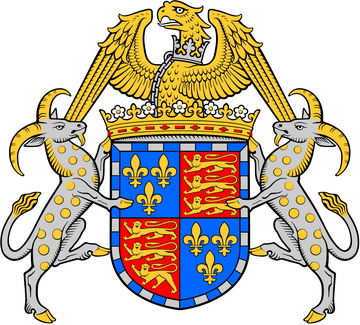
![]()
Supported by the Centre for Research in the Arts, Humanities and Social Sciences (CRASSH), the Department of Social Anthropology, St John's College and King's College.
Accommodation for non-paper giving delegates
We are unable to arrange accommodation, however, the following websites may be of help.
Visit Cambridge
Cambridge Rooms
University of Cambridge accommodation webpage
NB. CRASSH is not able to help with the booking of accommodation.
Poster image: Chronique des Empereurs by David Aubert (1462) reproduced in ‘Genghis Khan et l’Empire Mongol’, Jean-Paul Roux, Wikimedia Commons
Administrative assistance: events@crassh.cam.ac.uk
Programme
| DAY 1 | |
| 13.15-13.45 | Registrations |
| 13.45-14.00 | Welcome and introduction |
| 14.00-15.30 | PANEL: Difference and similarity in ethical conversations
Chair: Nicholas Evans |
| 15.30-16.00 | Coffee break |
| 16.00-17.30 | LECTURE:
Chair: Jonathan Mair |
| DAY 2 | |
| 9.00-10.30 | PANEL: Conversations between local, national and global regimes of ethics
Chair: Jane Heal |
| 10.30-11.00 | Coffee break |
| 11.00-12.30 | PANEL: Conversations between local, national and global regimes of ethics (continued)
Chair: Matei Candea |
| 12.30-13.30 | Lunch |
| 13.30-15.45 | PANEL: Disputes, persuasion, and compromise in religious discourse
Chair: Soumhya Venkatesan |
| 15.45-17.00 | Walk to St John's College |
| 17.00-18.30 | PUBLIC LECTURE in St John’s College
Chair: Richard Irvine |
| 18.30 - 19.00 | Drinks reception |
| 19.00 | Conference Dinner |
| DAY 3 | |
| 10.00 -11.00 | PANEL: Distinct traditions, common standards
Chair: Tim Jenkins |
| 11.00-11.30 | Coffee break |
| 11.30 - 13.00 | PANEL: Distinct traditions, common standards (continued)
Chair: Tim Jenkins |
| 13.00 - 13.30 | Final discussion |

